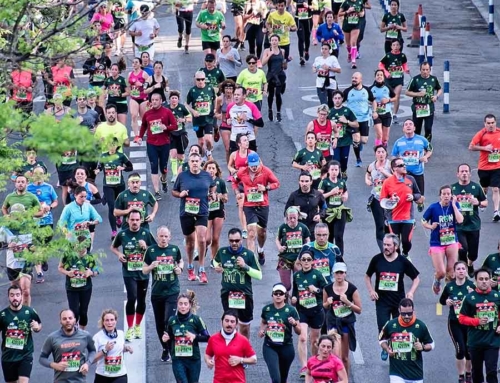Macho adventurer Bear Grylls has publicly renounced his vegan lifestyle. After raising his kids on a purely vegan diet, it was his teenage son’s issues with ill-health and fatigue that prompted a rethink. Deficient in many key nutrients, it was a wake-up call for Bear and a difficult one to make given his public profile as one of the many celebrity champions of veganism as the route to health & planetary happiness.
And what a reversal it has been with the formerly vocal vegan ditching his plant-based diet in favour of one heavy in red meat, liver and raw dairy. His diet also has a heavy emphasis on eggs, bone marrow, collagen, fruit, honey and raw dairy. In his own words ‘the big change for my health was adding in these sort of nutrient-dense Ancestral Foods, and eliminating ultra-processed foods packed full of canola, soy or rapeseed oils.’ Reformed eating patterns which he sees as key to facing the physical and mental challenges life throws at us all.
And Bear is not alone; other vocal proponents of veganism have also been shifting ground and sharing their Damascene moments of change. To name just a few, Miley Cyrus reintroduced fish into her diet after feeling she was lacking in omegas and her brain function was depleted, Liam Hemsworth felt lethargic and found himself with a kidney stone from high oxalate levels from a diet that was too heavy in nuts, spinach, legumes & bran, whilst Mike Tyson turned back to red meat for protein density to rebuild his strength.
So what does this mean for brands? For several years now, the vegan revolution has steadily crept from the margins of society, to a vocal minority and latterly a much more mainstream position. In accompanied shops, consumer groups and in-home depths we have watched that little vegan tick move from the margins and out into the mainstream to become a shortcut for vegans and flexitarians alike, for that most elusive catch-all of benefits – ‘healthy’.
But is the tide beginning to turn? As we see Bear and his fellow celebs changing direction, and hear some of our more food-engaged consumers also begin to pick apart the vegan promise. They question what has replaced those animal products, what sugars and processed ingredients have quietly been added to achieve ‘vegan’ status.
Mindful that not everyone will delight in his encouragement to tuck into animal organs including pancreas, heart and testicles, Grylls has now teamed up with US brand, Ancestral Supplements to launch the Bear Grylls Survival Pack. The Survival range includes one bottle each of Grass-Fed Beef Liver, Beef Heart and Beef Lung supplements, with 180 capsules per bottle a combination that claims to help nourish people to survive and thrive. The idea being that if we eat more like our early ancestors, we have a better chance of building a healthy and resilient body. A commercially neat move by Grylls off the back of his vegan about-turn, and an interesting one.
It’s hard to gauge the pace of change, and the environmental case may remain strong for many, but if these counter arguments around the health benefits of veganism gather momentum what might the ramifications be? It seems likely that consumers would increasingly question that little vegan tick and begin to pose more questions and challenges for brands.
If the ‘vegan’ tick is no longer a shortcut for ‘healthy’ what else might consumers want to see in its place? Could icons indicating ‘nutritional density’, or ‘product of ancestral origin’ or even ‘contains offal’ become the symbols consumers will seek out at point of sale in the future? It’s an exciting challenge for brands in this space, and we’ll be keeping a close watch on consumer perspectives around this fast-moving and complex topic. If you’d like to explore similar issues for your brand, we’d love to have a chat at info@brand-legacy.com

